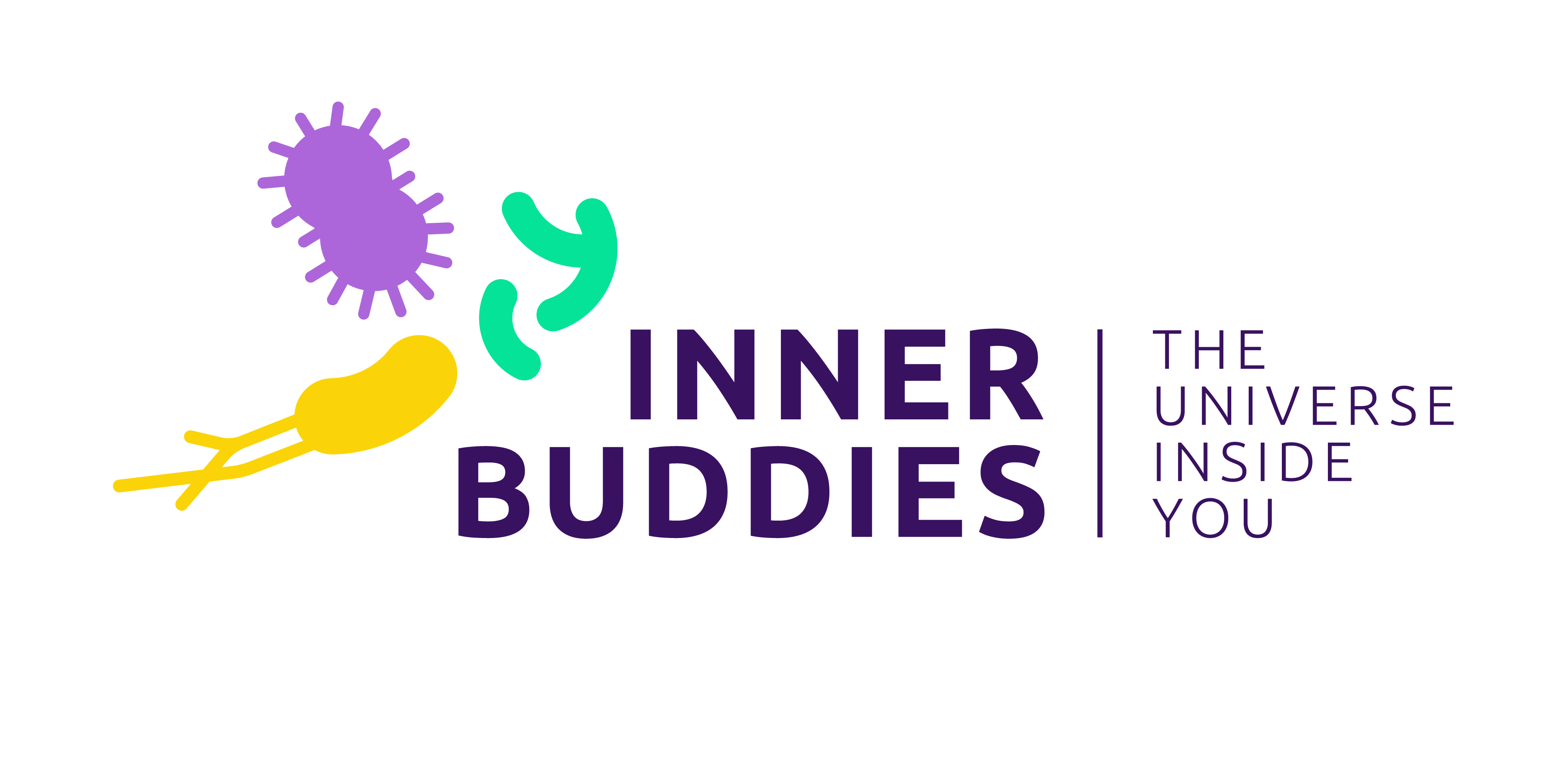
InnerBuddies works with Astrolab and Universidad EAFIT in Colombia on the next generation of their Gut Microbiome Health Index (GMHI)
InnerBuddies collaborates with Astrolab and Universidad EAFIT in Colombia to advance the next generation of the Gut Microbiome Health Index (GMHI), revolutionizing gut health research and personalized wellness solutions.
About Universidad EAFIT
Universidad EAFIT, located in Medellín, Colombia, is a leading institution in applied sciences and has a strong research and educational programme in biological sciences and microbiome research, particularly focusing on the gut microbiome. The university's research group, CIBIOP (soon to be called TechLIie) has developed Biomatest, a diagnostic tool that analyzes the composition of gut microbial communities and their impact on individual health. By employing advanced techniques such as metagenomic sequencing and metabolomic analysis, Biomatest processes biological data to generate comprehensive gut health reports.
In addition to Biomatest, EAFIT researchers have conducted studies exploring the gut metabolome of pregnant and lactating women from Antioquia, Colombia. This research, published in Frontiers in Molecular Biosciences, utilized untargeted metabolomics to identify key metabolites that can serve as biomarkers of microbiome function, overall metabolic health, dietary intake, pharmacology, and lifestyle. The findings highlight the significant role of the gut microbiome in perinatal nutrition and its potential impact on maternal and child health.
EAFIT's commitment to advancing microbiome science is further demonstrated by the expertise of its faculty members. Researchers like Laura Sierra-Zapata and Laura Gómez-Mesa are actively involved in studying the gut microbiome across various populations, including pregnant and breastfeeding women. Their work contributes to a deeper understanding of the microbiome's role in health and disease, reinforcing EAFIT's position as a center of excellence in microbiome research.
About Astrolab Biotecnología
Astrolab Biotecnología S.A.S. is a biotechnology company founded by Dr. Laura Sierra-Zapata, a professor at Universidad EAFIT. The company specializes in providing diagnostic and treatment solutions for human and animal microbiomes. Dr. Sierra-Zapata's expertise in microbiome research, particularly in human and animal microbiomes, has been instrumental in the development of Astrolab's services.
Astrolab's collaboration with Universidad EAFIT enhances the university's commitment to advancing microbiome science. The partnership facilitates the translation of academic research into practical applications, benefiting both the scientific community and the public. Astrolab's work aligns with EAFIT's mission to address societal needs through innovative solutions.
Through this collaboration, Astrolab and Universidad EAFIT contribute to the advancement of microbiome research and its applications in health and biotechnology. The partnership exemplifies the university's dedication to fostering innovation and addressing real-world challenges through scientific research and collaboration.
About the Gut Microbiome Health Index (GMHI)
The Gut Microbiome Health Index (GMHI) developed by EAFIT University offers a comprehensive analysis of an individual's gut microbiome. It provides insights into the composition and diversity of gut microbial communities, helping to assess their impact on overall health. The GMHI works by analyzing biological samples using advanced technologies such as metagenomics and metabolomics.
Through the GMHI, individuals receive a detailed report on the state of their gut microbiome, including its balance and potential disruptions. This can reveal important information about digestive health, metabolism, and immune function. In addition, the GMHI can help identify risks associated with conditions like IBS, obesity, and diabetes, guiding healthcare decisions and dietary recommendations tailored to the individual’s microbiome composition.
Overall, the GMHI is a tool that empowers individuals to better understand their gut health and make informed decisions to improve their well-being through personalized interventions. It represents a step forward in the precision medicine approach, highlighting the significance of the gut microbiome in maintaining overall health.
About the cooperation between InnerBuddies and Astrolab and EAFIT
As part of the cooperation, Astrolab/EAFIT and InnerBuddies have agreed:
- The new version of Astrolab’s Biomatest product is built onto the InnerBuddies platform. This will enable the next step in the development of the Biomatest product and will add functionalities like personalized nutrition advice, personalized food diary advice and personalized probiotics/prebiotics advice to the Biomatest product.
- Within the scope of the cooperation, InnerBuddies will integrate Astrolab/EAFIT’s Gut Microbiome Health Index (GMHI) inside its platform. This will become available not only to Astrolab’s customers but also to all other InnerBuddies B2B customers across the world.
- All parties will work together on new scientific innovations, clinical trials, research and publications.
- InnerBuddies and Astrolab will work together on developing the next generation of the Gut Microbiome Health Index (GMHI) based on some new innovative developments on the InnerBuddies side. Astrolab will focus on scientific research, trials and publications on this new version of the Gut Microbiome Health Index (GMHI).
Timeline
The Gut Microbiome Health Index (GMHI) will become available to all InnerBuddies B2C and B2C customers in March 2025. It will allow consumers to get a clear view of the health of their gut microbiome with a simple number between 0 and 100 (100 is very health, 0 is very poor gut microbiome health). The index will be available in both an adult version and a youth version (below 18 years).

